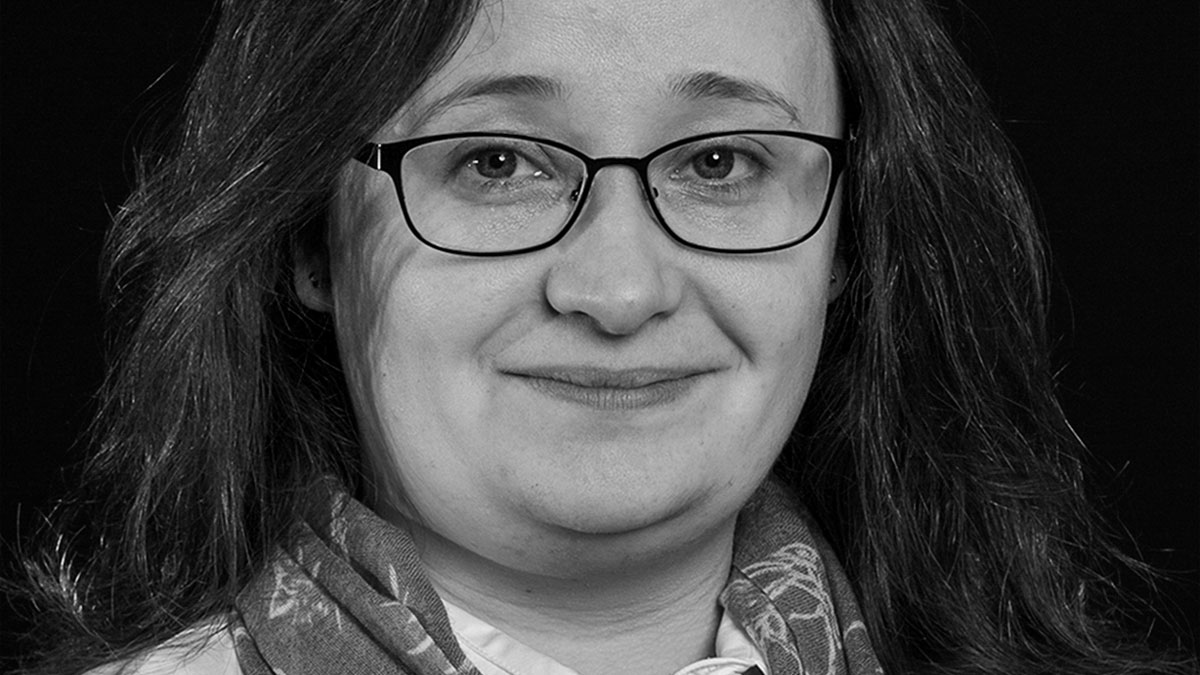Sarah Allman

-
+44 (0) 118 378 4641
-
Associate Professor
Areas of interest
My research interests are based on the structural and functional characterisation of complex carbohydrates, and the use of carbohydrate processing enzymes in production of glycans relevant to the biopharmaceutical industry and biomedical sciences. This is envisaged through the design, preparation the synthesis of carbohydrate-based probes, inhibitors of glycan processing enzymes, probing of cellular systems and the detailed characterisation of cellular glycans.
The core areas of expertise in the group include: carbohydrate synthesis, chemoenzymatic synthesis, protein expression and purification, isolation of carbohydrates from natural sources, mammalian cell culture, cell-based assays, fluorescence and confocal imaging and glycan analysis by HPLC.;
Research projects
Our current active areas of work are detailed below:
- Developing integrated workflows for functional profiling of carbohydrates: changes in both the oligosaccharides displayed upon the surface of proteins and lipids and the free oligosaccharides released from degradation pathways provide insights into disease states, factors influencing protein catabolism and can be used as markers to reveal perturbations in cellular metabolic processes. Our laboratory seeks to integrate workflows commonly employed in the biopharmaceutical industry with microscale functional assays to enable the parallel determination of structure and function.
- Chemo-enzymatic synthesis of carbohydrates: several projects in the laboratory focus upon the preparation of carbohydrates by chemo-enzymatic synthesis methods. These methods allow the preparation of glycans in a stereo- and regio-selective manner in sufficient quantity to enable biophysical analyses. Within our group, such structures are employed as analytical standards, cellular probes and targeting moieties through the preparation of glycoconjugates and the functionalisation of surfaces and nanoparticles for biomedical applications.
- Deglycosylation of mis-folded proteins and protein degradation pathways: conditions resulting from in-born defects of glycosylation and carbohydrate processing manifest with wide-ranging pathologies and often result in severe and multi-system disease. Our work seeks to examine how such perturbations are linked to cellular stress, the unfolded protein response, autophagy and apoptosis.
- Design and synthesis of novel calcium chelators for cellular imaging applications: a major technical challenge has been to devise non-destructive methods to measure levels and changes in the concentration of calcium ions within the cell to enable the study of processes mediated by this messenger. Small molecule fluorescent dyes which respond or change in fluorescence upon binding calcium ions which exhibit good time resolution are often employed for this purpose.This project seeks to design and synthesise a small molecule probes with the required properties which do not adversely affect the system under study.
Background
Research training and support
We have an established skills training framework within the group to support research student and staff development. Current and past members of the group are listed below.
Current Research Group Members
- Dr Emma Sery
- Matthew Allen
- Oliver Hancox
- Kamilla Pederson
- Louise Poulsen
- Callum Wilkinson
Alumni
- Dr Katarzyna Brzezicka
- Dr Sarah Needs
- Soren Kaas
- Abdullahi Adan
Our laboratory also has strong links with University College South Denmark (acting as an internship provider), with the National University of Malaysia (co-supervision of PhD students) and the Open University (co-supervision of PhD students).
Grants and funding
The laboratory would like to acknowledge the bodies listed below for support:
- Awarding body: Friends of the University of Reading/RGSpaces (£1511) (Co-I) Project:,Incorporating virtual reality into outreach and heritage at the University of Reading
- Awarding body: BBSRC - Industrial Biotechnology Catalyst (IBCAT) (£364,803) (PI) Project: ;Chemo-enzymatic Production of Specialty Glycans (Ref: BB/M028879/1) This award is part of a five-year collaborative grant (c. £3.5 million in total), awarded to Southampton University, Manchester University, Warwick University, Imperial College London, York University, Leeds University, The Open University (later transferred to Reading University), Bristol University and industrial partners from the fine chemical, biochemical and pharmaceutical sectors. The project describes the use of chemo-enzymatic synthesis methods to produce novel carbohydrates on scale.
- Awarding body: The Royal Society of Chemistry - Analytical Chemistry Trust Fund Summer Studentship (£1080) (PI) Project: Multi-functional labels for carbohydrate analysis
- Awarding body: The Biochemical Society - Eric Reid Fund for Methodology (£950) (PI) Project: Characterising changes in carbohydrates - development of methodology to facilitate characterisation of carbohydrate biomarkers
- Awarding body: BBSRC - IBCarb Business Interaction Voucher (IBCarb-BIV-0915-011) (£5,000) (PI) Project: Production of alpha(2-3) sialylated glyco-standards using a parasite-derived trans-sialidase for use in biopharmaceutical and glycomics analysis
- Awarding body: Royal Society Research Grants (RG150735) (£10,500) (PI) Project: Activity-based probes for glycosidases - covalent iminosugar enzyme inhibitors bearing multifunctional tags for discovery and functional characterisation of novel biocatalysts
- Awarding body: BBSRC - IBCarb Summer Studentship (£2,000) (PI) Project: Integrated workflows for carbohydrate analysis - development of methodology to facilitate functional characterization and downstream use of complex carbohydrates isolated from natural sources.
- Awarding body: EPSRC - First Grant Scheme (Ref: EP/P00573X/1) (£99,991.76) (PI) Project: Integrated workflows for glycan analysis: tagging strategies to facilitate structural and functional characterisation of carbohydrates
Acknowledgment and gratitude is also extended to:
- The Open University for synergy project funding (£6000), funding for pedagogic research and PhD studentship support.
- The University of Reading for summer studentship funding via the EPSRC DTC and PhD studentship support.
Professional bodies/affiliations
Professional body affiliations
- Member of the Royal Society of Chemistry
- Member of the Biochemical Society
- Member of the British Mass Spectrometry Society
- Member of the Society for Glycobiology